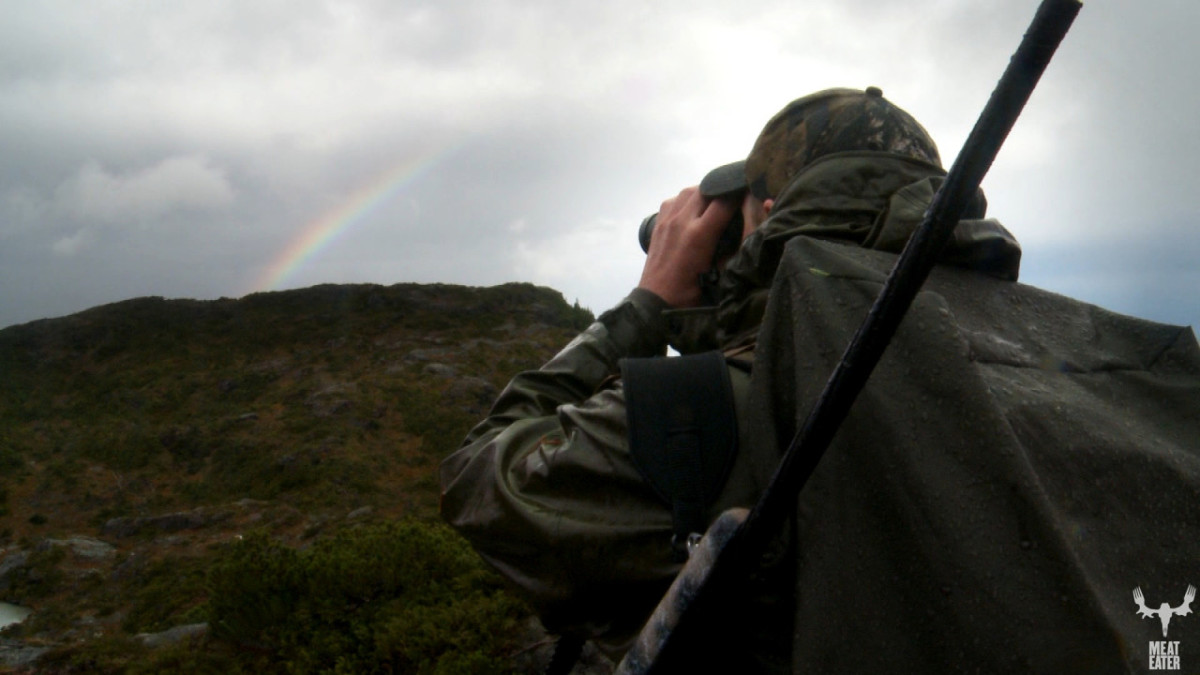Steven Rinella’s Hunting, Fishing and Other Book Recommendations

I get a lot of inquiries from folks looking for good books about hunting. I’ve given a few of my favorites in the past, and here I’m adding to that list another dozen or so titles. In my experience, the best hunting books sometimes only touch on hunting in a passing way, and you’ll see that reflected below. Many of these are not, technically speaking, “hunting books.” You’ll also notice a number of titles that have to do with fishing. I don’t really think of hunting and fishing as being that different from one another, so it seems suitable to include both in the same list. Enjoy.

The Seven Daughters of Eve, by Bryan Sykes, and Chris Stringer’sLone Survivors(note: Lone Survivors, with an s on the end; not Lone Survivor.) Both of these books give fascinating accounts of human evolution, the African diaspora, and the role of hunting in early human cultures. Lone Survivors also has some really cool stuff about Neanderthals, who were hunting big game in Europe for hundreds of thousands of years before the arrival of our own ancestors.

Pan, by Knut Hamsun. This 1894 novel written by the Nobel Prize-winning Norwegian author is hauntingly, indescribably beautiful. You’ll be the only one you know who read it, and you’ll be a better person because of it.

The Founding Fish, by John McPhee. An in-depth portrait of a very American fish, this book is great for history buffs and fishermen alike. McPhee is a master at handling technical information and he’s a superb researcher. I’d argue that he’s the best non-fiction writer alive, though that sort of argument is like arguing about the best rifle caliber for deer hunting.

Many of the books by Duncan Gilchrist, includingHunt High,All About Bears, andJournal of a High Country Hunter. Gilchrist was a master hunter and a largely self-taught writer who perfected a very sparse style that is pleasing to read. (He writes some sentences that sound like Hemingway, though it’s probably not intentional.) He was a generalist big game hunter, which is a rare breed. Rather than focusing his lens on one particular critter, such as whitetails, he takes a meta approach to big game hunting and you can learn a ton from him.

Charcuterie, by Michael Ruhlman. If you want to advance your wild game cooking to the top level, get this book and do what it says. Ruhlman doesn’t include wild game recipes, per se, but all of his stuff can be adapted to wild game with little or no modification. What’s so special about this book is that everything works so well and there’s no redundancy or needless space fillers. I get annoyed with cookbooks that are comprised of “recipes” that call for the combination of three or four essentially prepared ingredients purchased at specialty shops. (Mario Batali comes to mind.) Charcuterie captures the essence of cooking from scratch. Each preparation yields an education along with a great meal.

Home Ground, by Barry Lopez. Think of this book as a wild lands dictionary. If you’ve ever struggled with the language of landscape features, this book will fix you up. I find myself returning to this book on a regular basis as I struggle to put words to the places that I experience and love.

Fish guidebooks by Vic Dunaway, includingSport Fish of the Atlantic,Sport Fish of the Gulf of Mexico, andSport Fish of Freshwater. I’m including Dunaway’s books simply because he makes the best fishing guidebooks I’ve ever handled and I wish that he’d do one for every region in the world – particularly Hawaii and southeast Alaska. If you’re the kind of fella who catches a strange fish and can’t let it go without wondering what it is and what it tastes like, you’ll love Dunaway. Upon first glance you might not think these books are anything special, but spend some time on strange water and you’ll become a believer. One of my favorite Dunaway lines is his note on the food quality of great white shark: “don’t ask.”

The Crossing, by Cormac McCarthy. The beginning of this book, the second of McCarthy’s Border Trilogy, deals with a boy trying to trap a Mexican gray wolf. The rest deals with the repercussions of his success. In my opinion, McCarthy is inarguably the best novelist of the last hundred years. Once you manage to decipher the stark moral code that he presents through his complete body of work, it will leave you stunned.

First Peoples in a New World, by David Meltzer. If you want to understand the long and colorful history of hunting in North America, start here.
Shop
Sign In or Create a Free Account
Related

Books & Literature
5 BOOK RECOMMENDATIONS FOR HUNTERS AND ANGLERS – #WiredToHuntWeekly 46

Books & Literature
Ask MeatEater: What Are Your Book Recommendations, Part 3




